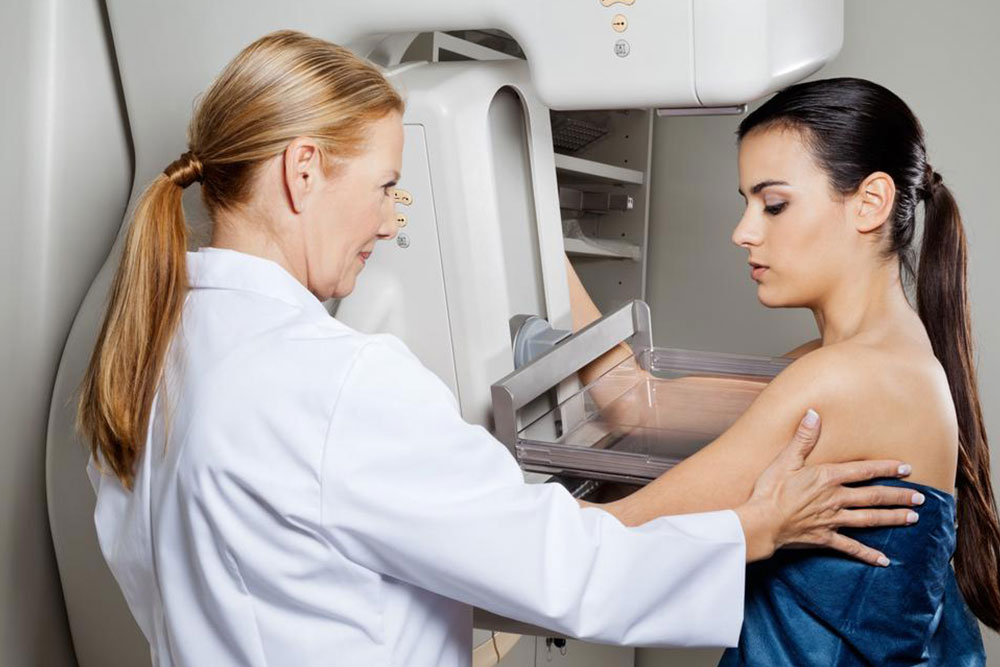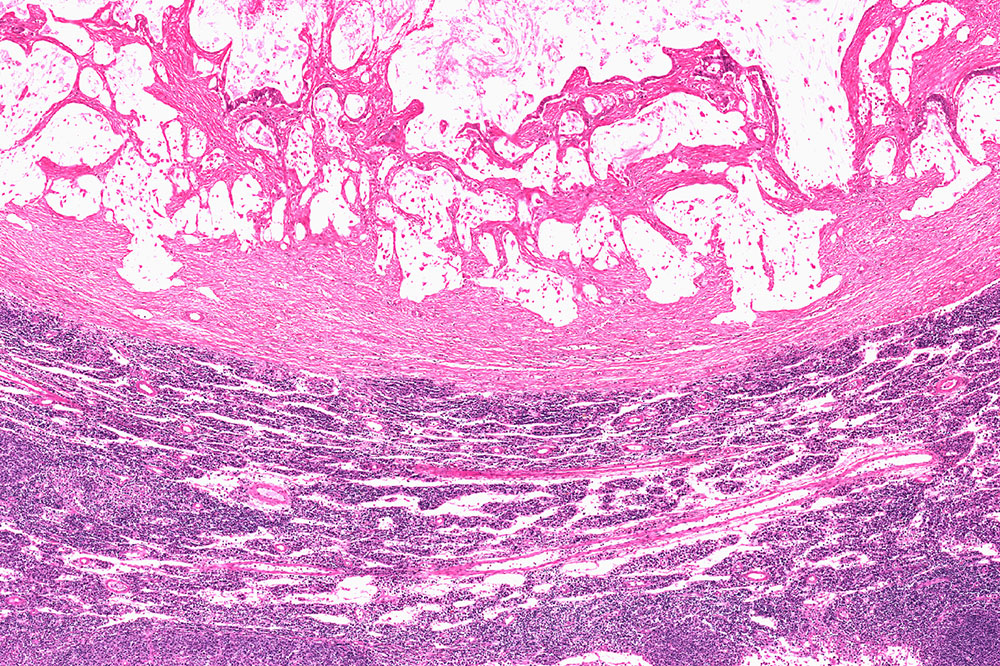Comprehensive Approaches for Effectively Managing HER2-Positive Breast Cancer
This article explores comprehensive strategies for managing HER2-positive breast cancer effectively, emphasizing early detection, targeted therapies, proper nutrition, physical activity, and mental health support. It provides detailed insights into how a multifaceted approach can improve patient outcomes and survival chances, making it a valuable resource for patients and healthcare providers alike in the fight against this aggressive cancer subtype.

Comprehensive Approaches for Effectively Managing HER2-Positive Breast Cancer
Advancements in medical research and technology have transformed the landscape of cancer treatment, leading to improved survival rates and better quality of life for many patients. Yet, despite these progressions, certain types of cancer, particularly HER2-positive breast cancer, still present significant clinical challenges due to their aggressive nature and complex biology. Managing this subtype of breast cancer requires a multifaceted approach that combines early detection, targeted therapies, lifestyle modifications, and emotional support to optimize outcomes.
Breast cancer remains one of the most common cancers among women globally. Among its various subtypes, HER2-positive breast cancer is known for its rapid progression and increased severity. This form of cancer is characterized by an overexpression of the human epidermal growth factor receptor 2 (HER2) protein on the surface of the cancer cells. The overexpression accelerates tumor growth and makes it more aggressive compared to HER2-negative or hormone receptor-positive breast cancers. Recognizing the importance of early diagnosis and implementing effective management strategies are crucial to improving patient prognosis.
HER2-positive breast cancer tends to have a more aggressive growth pattern due to the increased activity of the HER2 protein, which promotes rapid cell division and tumor progression. This biological trait necessitates prompt and targeted intervention to control disease spread and improve survival odds. Proper management begins with a comprehensive understanding of the disease and adopting strategies that address both the medical and lifestyle aspects of patient care.
Here are some key strategies to help control HER2-positive breast cancer effectively, especially during its early stages:
Optimal Diet and Nutrition: Maintaining a nutritious, balanced diet is fundamental for supporting overall health and enhancing the body’s ability to respond to treatment. Emphasize plant-based foods such as a variety of fruits, vegetables, nuts, legumes, and seeds, which are rich in fiber, antioxidants, and essential nutrients. Incorporate omega-3 fatty acids through foods like salmon, sardines, and trout to reduce inflammation and support cellular health. Cruciferous vegetables like broccoli, cauliflower, and Brussels sprouts contain compounds that may possess anti-cancer properties, making them beneficial additions to the diet.
Consistent Physical Activity: Engaging in regular, moderate exercise routines like yoga, tai chi, or brisk walking can bolster physical strength, improve mental health, and enhance overall well-being. Physical activity is associated with better treatment tolerance, reduced fatigue, and improved mood for cancer patients. It's important to tailor exercise programs to individual capabilities and medical advice to avoid discomfort or injury.
Emotional and Mental Health Support: Facing a cancer diagnosis can be extremely stressful, leading to emotional distress or depression. Access to counseling services and participation in support groups can provide vital psychological support. Mental health care helps patients cope with emotional challenges, deal with side effects, and foster resilience. Healthcare providers can recommend specialized therapists or community resources tailored to individual needs.
Targeted Medical Treatments: The cornerstone of HER2-positive breast cancer management is targeted therapy, including drugs like trastuzumab (Herceptin) and pertuzumab, which specifically inhibit the HER2 protein. Chemotherapy, often used alongside targeted agents, works to rapidly shrink tumors by attacking rapidly dividing cells. Early intervention with these therapies can significantly enhance survival prospects, reduce recurrence risks, and improve quality of life. Recent advancements also include antibody-drug conjugates and immunotherapies, offering additional treatment options tailored to patient-specific genetic profiles.
In summary, managing HER2-positive breast cancer involves a combination of early diagnosis, personalized targeted treatments, supportive lifestyle choices, and psychological support. The integration of these strategies can significantly improve prognosis and help patients lead healthier, more active lives despite the challenges posed by this aggressive cancer type.





